Our Waste Conversion Partners
All of Nu Cycle waste offsets have a direct, measurable, and transparent impact.
With Nu Cycle, we provide fully circular solutions as a part of our waste-to-value process. From non recyclable plastics into renewable fuel, bio waste to alternative insect protein, and agricultural waste into bio epoxy resins, we are on the cutting edge of rethinking waste.
GEO Trash Management
GEO-TM have adapted pyrolysis technology which converts non-recyclable plastics, one of the most problematic waste streams, into a usable synthesis gas, or syngas. This syngas is further refined to produce fuels and other chemical compounds.
Their technology is suitable for tropical conditions and regions with minimal infrastructure where centralised collection systems are difficult to fund or implement. In addition, GEO-TM’s buy back model provides an economic boost to the villages and supplementary income for individuals.
Feedwerkz
Bio waste, including food scraps and other organic waste, still makes up the bulk of household waste. Feedwerkz has found a way to convert this waste, harnessing its remaining nutrient content, into an alternative protein source. Using insect rearing as a waste management technology, the black soldier fly larvae consume huge amounts of organic waste. The larvae themselves are then processed or used fresh as a protein rich material, a ready substitute for traditional animal feed. This is a cheaper and more sustainable alternative to meet the demands of a growing human population.
The Gili Eco Trust
The GET, based on the busy touristic island of Gili Trawangan in Lombok, Indonesia, is a small company with a big vision of a Zero Waste island. GET manages all of the waste collection on the island. Their system for dealing with glass waste is the low cost and low tech glass crusher that produces sustainable and profitable glass sand bricks. With no glass recycling facilities - other than a deposit system for one beer brand - all glass on Lombok is waste, ending up in landfills or nature.
Not only do the GET deal with the glass waste but the glass sand that is the result of the process produces a high quality sustainable building material, stronger than traditional bricks.
Change Climate
Change Climate is producing market leading bio-epoxy and bio-composite materials to sell into existing industries, such as the board sport and construction industries. Their bio-epoxy is an alternative to toxic petroleum products and is made from biodiesel waste glycerol that is non-toxic and is made from 77% renewable ingredients.





